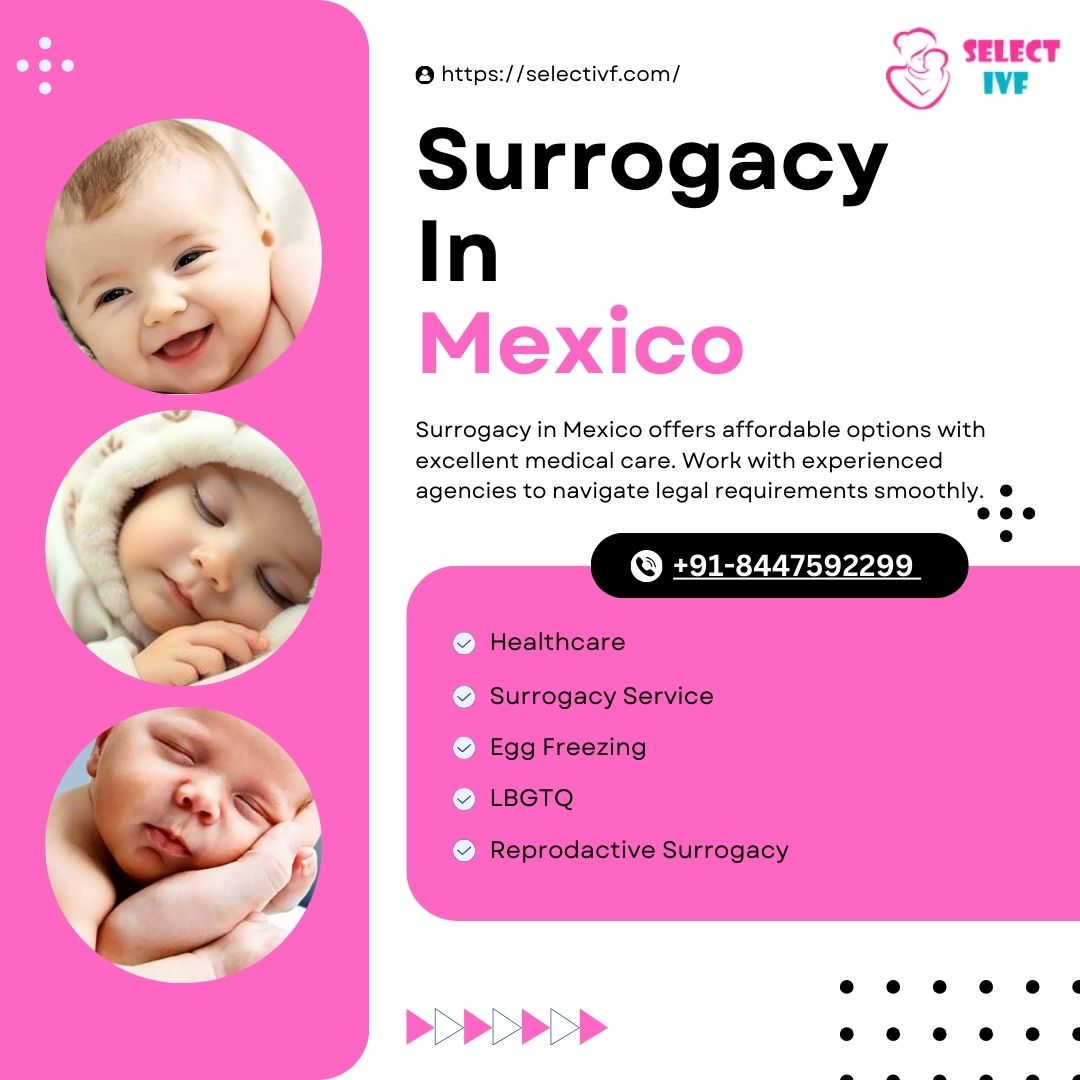Surrogacy in Mexico has become an attractive option for many couples and individuals looking to grow their families through assisted reproductive technologies. With its relatively affordable costs, geographical proximity to the United States, and a burgeoning network of reputable clinics and agencies, Mexico offers a viable alternative to more expensive surrogacy programs in other countries. However, navigating the surrogacy landscape in Mexico requires a clear understanding of its evolving legal framework and regional variations.
Legal Landscape and Regional Variations
The legal environment for surrogacy in Mexico is complex and varies significantly from state to state. Historically, states like Tabasco and Sinaloa were well-known for their supportive surrogacy regulations, which allowed both domestic and international intended parents to pursue surrogacy arrangements. These states attracted numerous international clients due to their clear legal frameworks and relatively low costs.
However, recent legislative changes have restricted surrogacy to Mexican nationals in these regions, aiming to prevent potential exploitation and ensure the protection of surrogates’ rights. This shift has prompted many international intended parents to seek surrogacy services in other parts of Mexico where the laws are less restrictive or more ambiguous.
Choosing the Right Surrogacy Agency
Given the varied legal landscape, it is crucial for intended parents to work with reputable surrogacy agencies and legal professionals who are well-versed in Mexican surrogacy laws. A good agency will help navigate the legal complexities, ensuring that all parties’ rights and responsibilities are clearly defined and protected. They also provide essential services such as matching intended parents with suitable surrogates, facilitating medical procedures, and offering support throughout the pregnancy and post-birth process.
Costs and Benefits
One of the most appealing aspects of surrogacy in Mexico is its affordability. The total cost of surrogacy in Mexico can be significantly lower than in the United States or other countries with well-established surrogacy programs. This affordability does not come at the expense of quality, as many Mexican fertility clinics are equipped with state-of-the-art technology and staffed by highly qualified medical professionals.
Moreover, Mexico’s proximity to the United States makes it a convenient option for American intended parents. Frequent and relatively short flights allow for easier travel during key stages of the surrogacy process, such as medical appointments and the birth of the child.
Ethical Considerations
Ethical considerations are paramount in the surrogacy process. It is essential to ensure that surrogates are treated with respect and fairness, receiving appropriate compensation and medical care. Reputable surrogacy agencies in Mexico prioritize the well-being of surrogates, providing them with comprehensive support and ensuring that they enter into agreements voluntarily and with full understanding of their rights and responsibilities.
Conclusion
Surrogacy in Mexico offers a promising path for many intended parents seeking to build their families. While the legal landscape can be complex, working with experienced agencies and legal professionals can help navigate these challenges. Mexico’s combination of affordability, quality medical care, and proximity makes it a compelling option for those considering surrogacy. As the legal and ethical frameworks continue to evolve, Mexico remains a significant player in the global surrogacy arena, offering hope and opportunities to many hopeful parents.






Comments